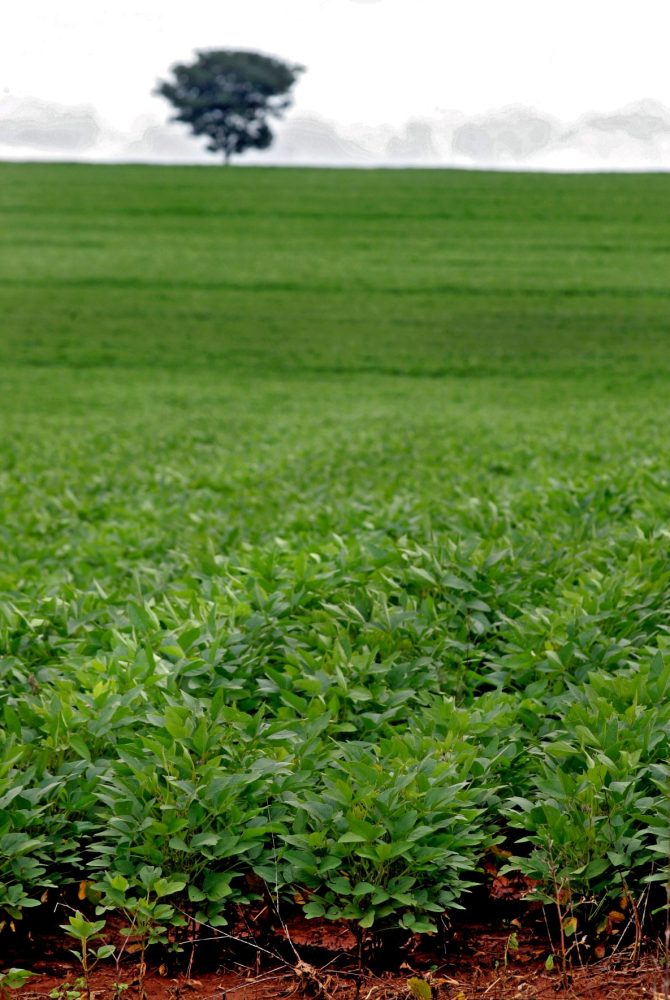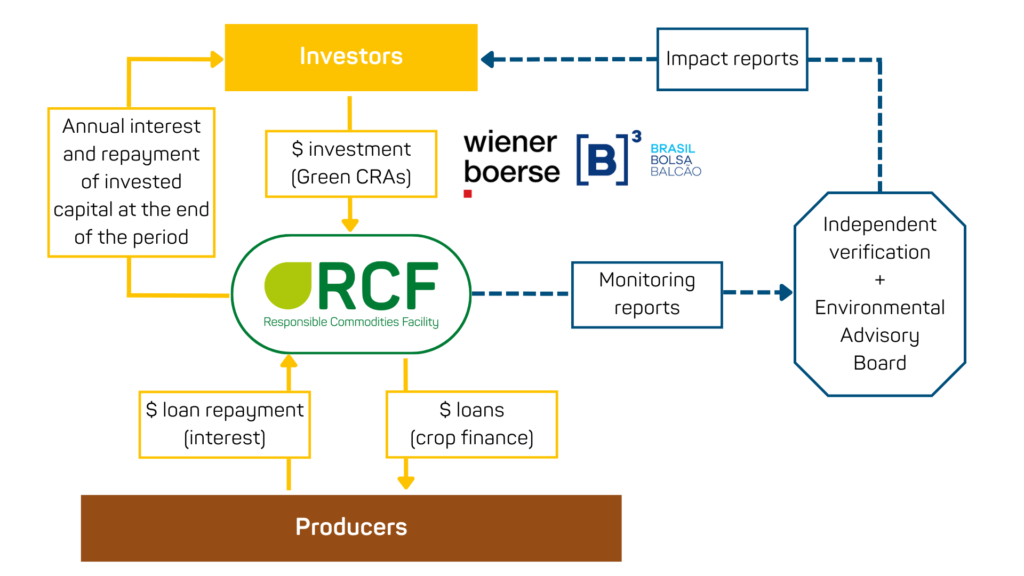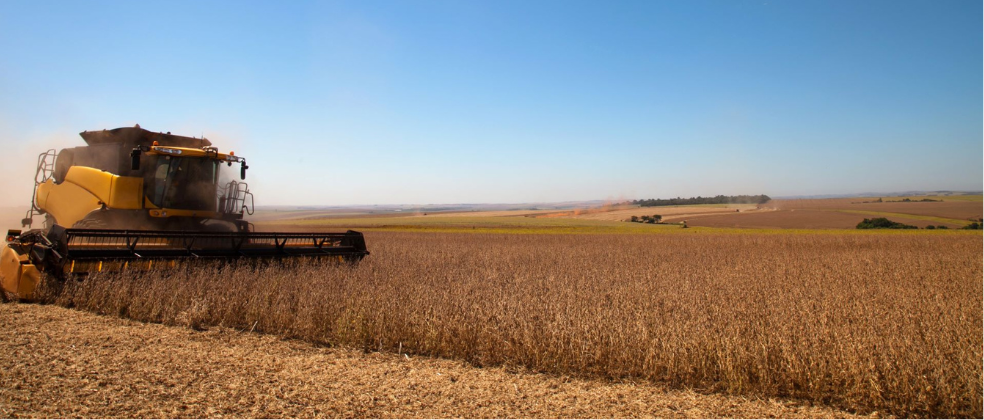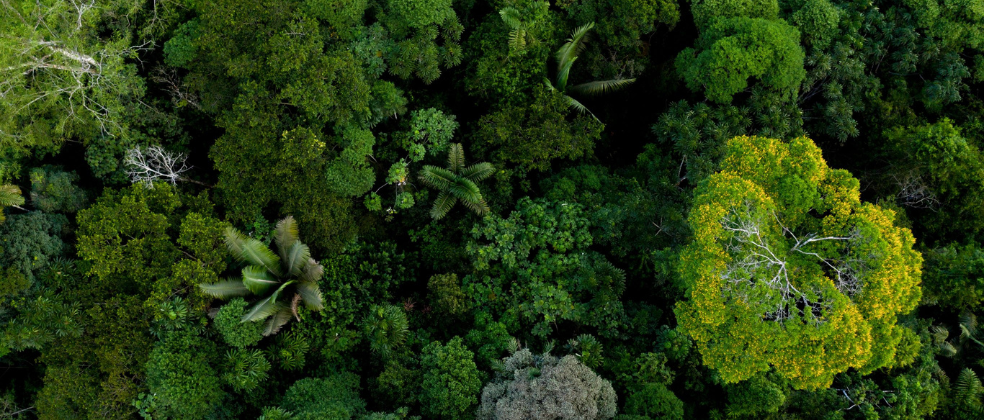About the Cerrado Programme 1
Announced in August 2022, the Cerrado Programme 1 provides financial incentives to farmers that meet its Eligibility Criteria with a focus on the protection of native vegetation in addition to legal requirements.
To be eligible for the Programme, farmers must follow the Forest Code, have an unquestionable right to use the land, and demonstrate that they and their farms do not contravene environmental or legal requirements. Alongside this, the cultivation area to be financed must have been cleared before 1 January 2020 and must have native vegetation in excess of the levels required by the Forest Code for Legal Reserves and Areas of Permanent Protection (APPs).
This first phase of the programme was designed to demonstrate this approach and provide the basis for scaling it up to protect vast tracts of native Cerrado vegetation in Brazil (see Annual Report Year 1). For the 2023:24 growing season, the RCF attracted additional investors (Rabobank, Santander, and AGRI3), and significantly scaled up its operations (see Annual Report Year 2).
Implementation of the programme reduces conversion of Cerrado habitats, conserves carbon stocks and biodiversity and supports the production of deforestation and conversion-free soy.
Impacts of the RCF are monitored by SIM (see monitoring methodologies here) and independently verified by ERM.
The RCF Cerrado Programme 1 is financed through the issuance of Green CRAs (Certificates of Receivables from the Agribusiness), registered in the Vienna Stock Exchange and B3 Brazilian Stock Exchange. The RCF Programme received a Second Party Opinion from ERM-NINT and considered to be in alignment with the Green Bond Principles and Green Loan Principles, and with international and national best practices for issuing green bonds and loans (see report here).


Expected Impact
The Cerrado Programme 1 is expected to generate the following impacts, over a four year period:

Soy
1 million tonnes of deforestation- and conversion-free soy produced.

Conservation
150,000 ha of native vegetation conserved, including 30,000 ha of Excess Native Vegetation that could, otherwise, be legally deforested

Carbon
20 million tonnes of CO2e stored in forests maintained by the programme
The RCF operates in areas of high risk of deforestation, so that its impacts have the maximum additionality. By operating in these areas, however, the RCF also has a higher risk of events of deforestation involving its farms or participants.
It is important to note, also, that the RCF does not require all the farms of the producer`s group to be included in the Cerrado Programme. Participation in the RCF is voluntary and farmers are allowed to participate with one or more of the group`s farms. As the RCF does not provide any consideration for farmers to commit with the Environmental Criteria beyond the Programme Areas, it is also not entitled to require these other farms to comply with its criteria, nor to appropriate itself of any environmental impact on these farms.
Financial Supporters
The Cerrado Programme 1 has the financial support of the following companies:






Programme 1 sponsors:
Blended Finance support:



Structuring and management team
The Cerrado Programme 1 was structured by the following organisations:

















